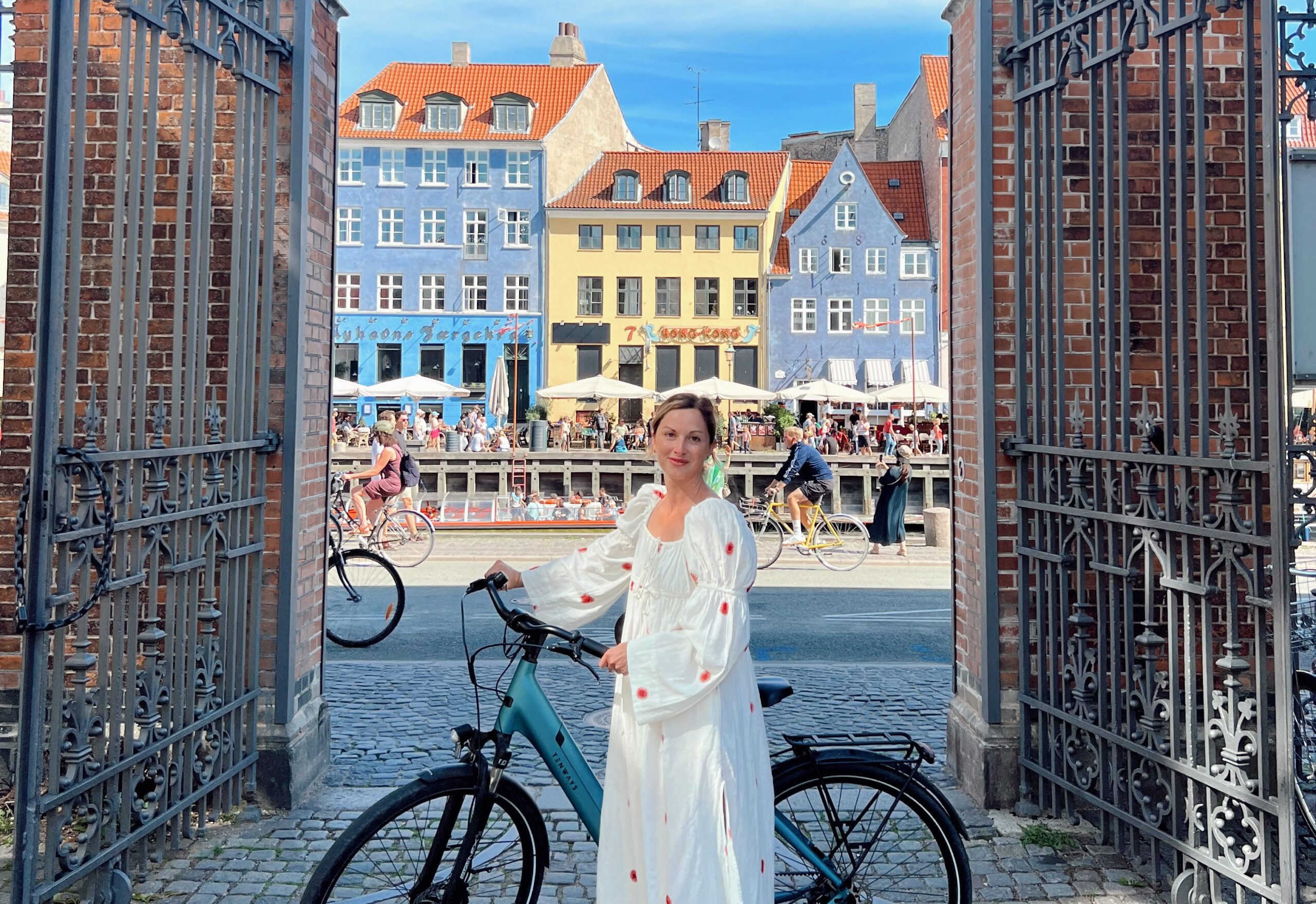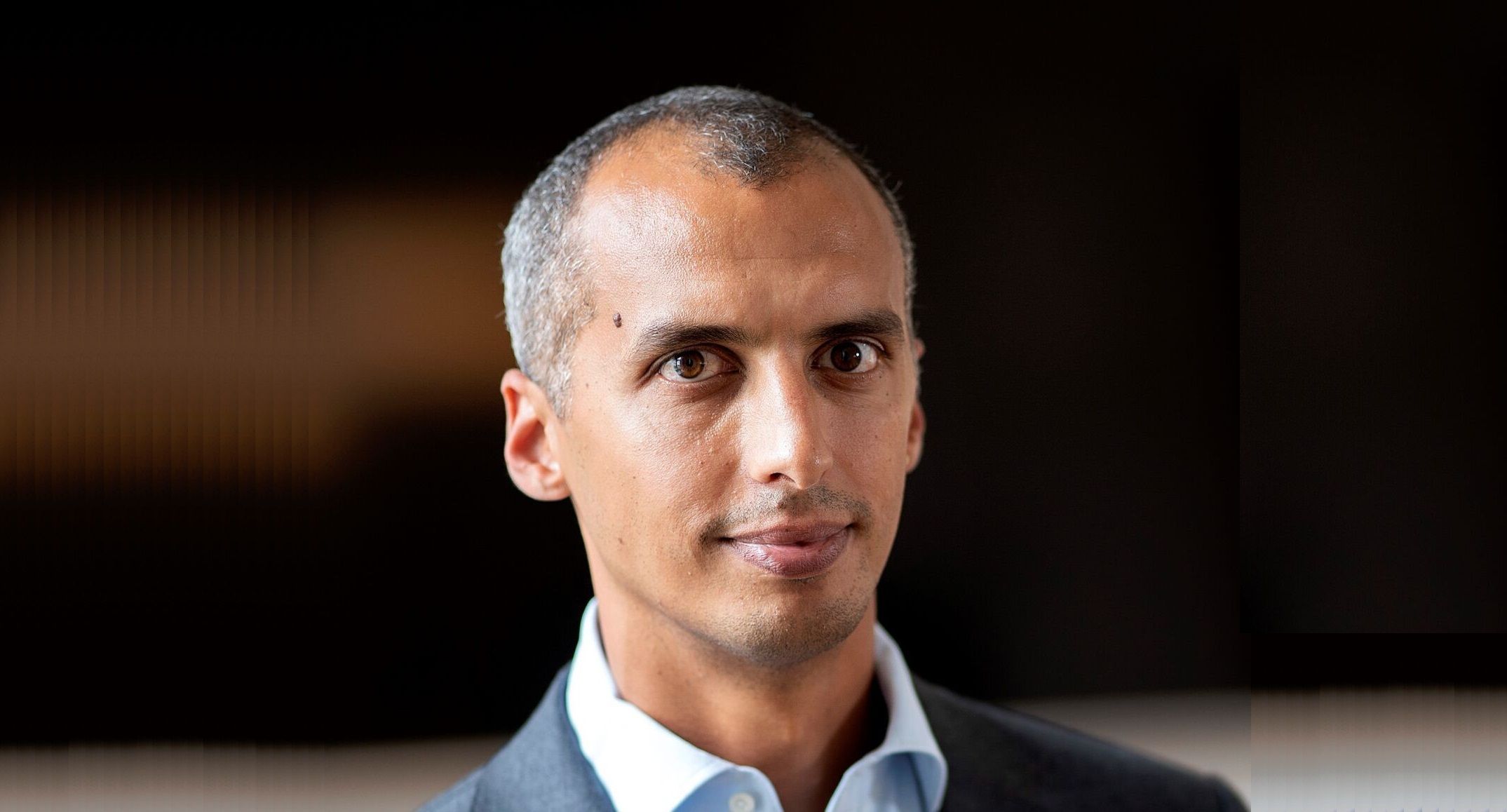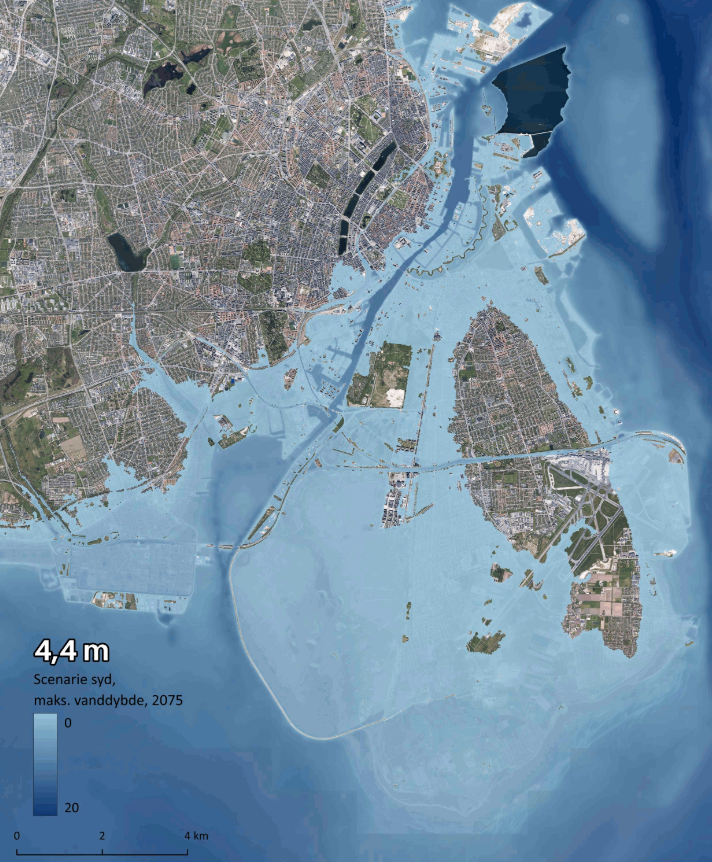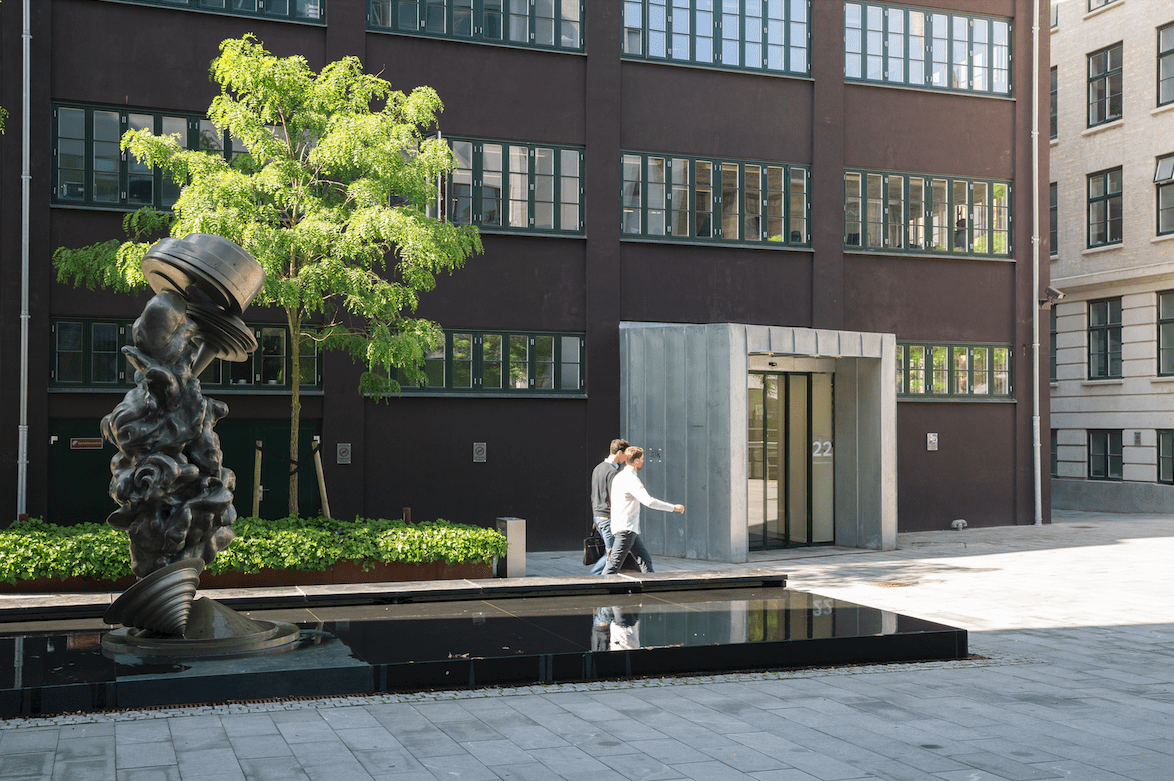People trudge around of Aalborg’s Gigantium arena trying to find their seats. The wintry mix of rain and snow means a lot of cold people in wet shoes and heavy coats shoving their way around the giant room that’s just as grey as the weather.
In spite of the gloom and the crowds, people seem upbeat. Underneath their winter coats, many
are even dressed in shiny evening gowns or sequin jackets. They’re here to celebrate: tonight is Melodi Grand Prix – the national qualifier for the Eurovision song contest.
Amongst those eager to see the show is the Weinreich family. They’ve been looking forward to this since Christmas when mum Vivi gave everybody tickets.
“We wanted a family trip, so this was a Christmas present to everybody. It’s the first time we have done anything like this,” she said.
She got inspired by the TV commercials that made the show look like “a big deal” this year. Whether it was the commercials or something else, it appears others thought the same way; Gigantium is packed with fans young and old.
 Melodi Grand Prix (MGP) is an event for everyone. It gathers Danes of all ages and income levels. Among the funny sparkling hats in various colours, Kenneth Jensen’s oversize Danish flag is easily spotted. Jensen is a member of the Danish MGP fan club and the last two years he has been on stage with the same flag, to the delight of the media, who he says try to makes sure it gets in the picture with the winner.
Melodi Grand Prix (MGP) is an event for everyone. It gathers Danes of all ages and income levels. Among the funny sparkling hats in various colours, Kenneth Jensen’s oversize Danish flag is easily spotted. Jensen is a member of the Danish MGP fan club and the last two years he has been on stage with the same flag, to the delight of the media, who he says try to makes sure it gets in the picture with the winner.
“Last year I went up on stage with this flag and the press took photos of me with [winning band] A Friend in London,” he said.
Jensen knew the band’s lead singer, Tim Schou, in elementary school in the Zealand town of Stævns, so that made it extra fun for him to be on stage last year. But he was also on stage the year before, and as sitting in the front row this year, he promised to be noticed again.
Asked who he hopes will win, his only preference is “a Danish song. There are two Finns in the competition this year, you know.”
Being in the audience at one of these events is more than just a matter of kicking back and taking in the show. The audience has to participate. Under each seat is a bag with different gadgets and instructions for when to use them.
During song 6 – sung by that Finnish couple, whose names are Philip Halloun and Emilia – the audience has to blow up red balloons, but not before someone called Tifo says so. On the big board, the audience can follow instructions from this Tifo. Apparently, he’s the man in charge.
As well as the written instructions, like “follow Tifo and wave with balloons”, a man continuously yells out orders like “don’t blow them up yet. Wait till the instructions say so.”
 At the end of the song, the audience get some time to burst the balloons. Unfortunately this was too late for most people and reduced the song's big finale into something resembling a farting competition interspersed with persistent ‘bangs’.
At the end of the song, the audience get some time to burst the balloons. Unfortunately this was too late for most people and reduced the song's big finale into something resembling a farting competition interspersed with persistent ‘bangs’.
Denmark is desperate to win Eurovision this year, and that’s part of the reason for all the fuss getting the audience to participate. The show had to be bigger and better than ever before. And to help find the song most in tune with international audiences, judges from the four last countries to win the Europe-wide song contest were invited to vote for their favourite among the three best songs.
In the end, three of those juries – from Norway, Germany and Russia – agreed that their winner was former X Factor finalist Jesper Nohrstedt, singing ‘Take Our Hearts’.
But in the end, the Danish jury, the Danish TV viewers, whose votes counted for 60 percent of the overall voting – and the jury from this year’s host Azerbaijan – handed the victory to Song 9, ‘Should’ve known better’, performed by the 21-year-old Soluna Samay.
For the internationals attending on Saturday, that choice was a disappointment.
”Yawn, what is it about Danes and bad taste?” a British guy from an international Eurovision fan club reads aloud from his Facebook page. Apparently, they wanted the young Jesper to go on to the international round.
In Britain the pre-Eurovision show apparently isn’t as big as in Denmark, and often people can’t even vote; contestants are simply chosen.
“In England the public should never be allowed to vote. They think it’s all a joke,” the disappointed Brit says.
Apparently the reason for the British decision is because negative press has given the event a bad reputation.
Maybe they just need more British flags. Or Danish ones.














